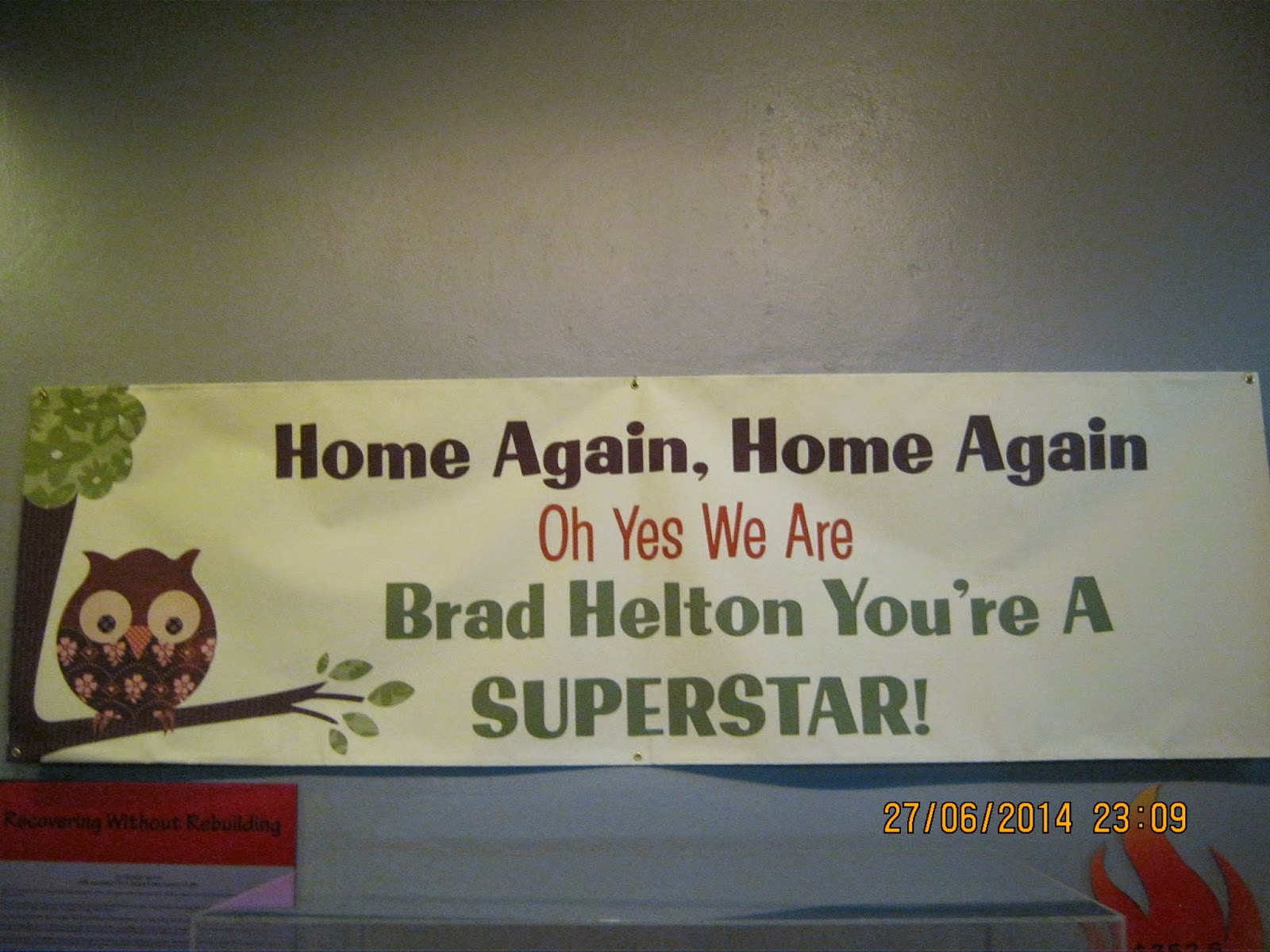I think that coincidences may happen in one's life from time
to time without even noticing them, but important events happen on purpose and
carry a significant meaning in our lives, though we might not perceive it at
the moment when they occur. I had this feeling when going on a trip to Colorado
Springs, Taos, and Canon City. And so it happened that when in Canon City I
turned 40.
My extended ”adopted family” - the MIAS staff – prof. Philip Hosay (whose warm thoughts and concern accompanied us during this trip) Ali, Lindsey, Anna, Adam, Christian, and Lydia (who greeted us back and reminded of our research :) along with 17 members: Abi, Ashraf, Chunlei, Cheng-Han, Jane, Jorge, Le, Lussisi, Lidia, Mai, Margarida, Mauricio, Mohamed, Munazza, Nicoleta, Svetlana, and Umut organized a wonderful and unexpected birthday reception for me on the Royal Gorge Train – and I will cherish the memories, along with the card and the group photo (which will have an honorary place on my office desk) forever. Let me express my deep gratitude for that once again. With such wonderful companions turning forty is less painful – THANK YOU ALL!
While on the Royal Gorge train going through the Canion of
the Arkansas River in the Southwest I thought of literary equivalents to my
situation. The motif of the train going through the Southwest was well depicted
by Stephen Crane in one of his short stories - "The Bride Comes to Yellow Sky.”
Although its plot is set in Texas, I think that in some respect our experience
in Colorado was similar: the train symbolized the progress of civilization.
However,
in light of what we have managed to observe, this term carries different
meanings for different peoples or ethnic groups. Starting with the Pioneers
Museum in Downtown Colorado Springs, we learned that civilization could mean
taming the nature as the pioneers to the Pikes Peak Region did, however, till
this day some forces of nature (eg. last two great fires) are beyond people's
control.
At Colorado College
we were told that civilization may have various discursive connotations – it is
either "Remember the Alamo" slogan or stories retained in corridas.
While hiking the trails of Garden of the Gods we realized that our lives, no
matter how sophisticated, are just a mere glimpse in comparison with red rocks
standing solid for millions of years.
Taos Pueblo, in turn, is a place where civilizations
intermingle and collide: the Native Language Tiwa along with religious rituals
and pracitices are kept secret for the fear of past oppressions, however two structures of the Pueblo over 1000-years old – Hlaauma (North House) and
Hlaukkwima (South House) are a living record of sophistication and advancement
of the Natives.
The San Geronimo Church is a place of reconciliation where
they merge their indigenous religious practices with Catholic rites and
rituals. Therefore, as all these sites and cultural situations indicate,
civilization is constantly in the making and whether it bears positive or
negative meanings depends on people and their attitudes toward one another.
The past is gone, the present is in the making, and the
future is unknown. It would be ideal if one could learn from the past, so as to
construe the present is such a way that future generations could be proud of
their forefathers. Though many things are beyond our recognition....
I met a
seer.
He held in
his hands
The book
of wisdom.
"Sir,"
I addressed him,
"Let
me read."
"Child
-- " he began.
"Sir,"
I said,
"Think
not that I am a child,
For
already I know much
Of that
which you hold.
Aye,
much."
He smiled.
Then he
opened the book
And held
it before me. --
Strange that I should have grown so
suddenly blind.
------ Stephen Crane, "I met a seer" ----------






No comments:
Post a Comment